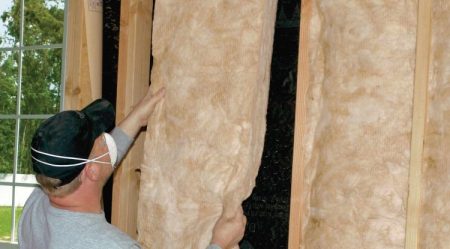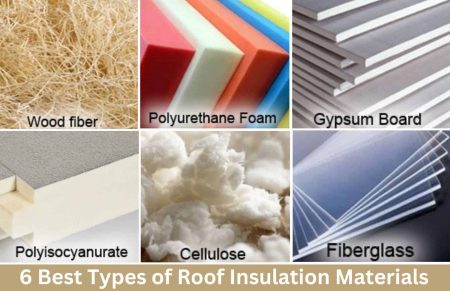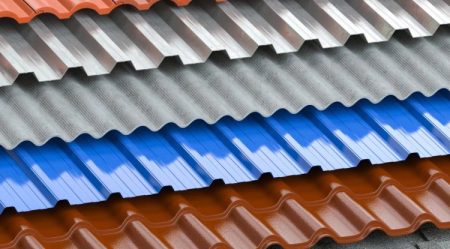Soundproofing Your Roof A Comprehensive Guide
Is the noise from outside seeping into your home, disturbing your peace and tranquility? Don’t worry, you can reclaim your serenity by soundproofing your roof. In this comprehensive guide, we will explore effective methods and strategies to make your roof a barrier against unwanted noise. Get ready to transform your living space into a peaceful oasis.
Contents
Understanding the Impact of Noise Pollution
1. The Disruptive Effects of Noise Pollution
Noise pollution affects our well-being in various ways. It disturbs our sleep, hampers concentration, and increases stress levels. Understanding the negative impacts of noise pollution is the first step towards finding a solution.
2. The Importance of Soundproofing
Soundproofing your roof offers a solution to combat noise pollution effectively. By creating a barrier against external sounds, you can enjoy a quieter and more peaceful living environment. It’s time to take control of the noise that enters your home.
Assessing Your Roof’s Soundproofing Needs
1. Identifying Noise Sources
To effectively soundproof your roof, it’s crucial to identify the sources of noise. Common sources include traffic, airplanes, construction, and neighborhood activities. Understanding the primary noise sources will help you determine the best soundproofing techniques.
2. Evaluating Current Roof Insulation
Assess the insulation of your current roof. Inadequate insulation can contribute to noise penetration. Determine if additional insulation is required to enhance soundproofing capabilities. Consult with professionals for an accurate evaluation.
3. Conducting Sound Tests
Perform sound tests to determine the level of noise penetration. This will help you identify specific areas that require attention. Use sound meters or consult professionals who specialize in sound testing to obtain accurate results.
Effective Soundproofing Techniques
1. Insulation Materials
Choose high-quality insulation materials that offer excellent soundproofing properties. Opt for materials designed to absorb and dampen noise vibrations effectively. Popular options include mineral wool, foam boards, and mass-loaded vinyl.
2. Sealant and Caulking
Properly seal any gaps, cracks, or openings in your roof. Use a suitable sealant or caulking material to prevent noise leakage. Pay close attention to areas where pipes, vents, or chimneys penetrate the roof.
3. Sound-Absorbing Underlayment
Install sound-absorbing underlayment between the roof deck and the final roofing materials. This additional layer helps minimize noise transmission by absorbing vibrations and reducing impact noise.
4. Green Roofing Solutions
Consider implementing green roofing solutions, such as vegetation or rooftop gardens. Green roofs act as natural sound barriers, absorbing and blocking external noise effectively.
Frequently Asked Questions
Q1: Can soundproofing my roof completely eliminate all external noise? A1: While soundproofing techniques significantly reduce noise transmission, complete elimination of all external sounds is not realistic. However, proper soundproofing can create a substantial reduction in noise levels.
Q2: How long does soundproofing for a roof last? A2: The longevity of soundproofing measures depends on various factors, including the quality of materials used and maintenance practices. With proper care, soundproofing can last for many years.
Q3: Are soundproofing methods suitable for all types of roofs? A3: Yes, soundproofing techniques can be applied to various types of roofs, including flat roofs, pitched roofs, and metal roofs. Consult with professionals to determine the most suitable methods for your specific roof type.
Q4: Can I install soundproofing materials myself, or do I need professional help? A4: While some soundproofing tasks can be done as DIY projects, it’s advisable to consult with professionals for the best results. They have the expertise to assess your roof’s needs and recommend appropriate soundproofing solutions.
Q5: Will soundproofing my roof also help with thermal insulation? A5: Yes, many soundproofing materials also provide thermal insulation benefits. By soundproofing your roof, you can enhance both noise reduction and energy efficiency in your home.
Reclaim your peace and quiet by soundproofing your roof. Say goodbye to noise pollution and enjoy a tranquil living space that promotes relaxation and well-being.





